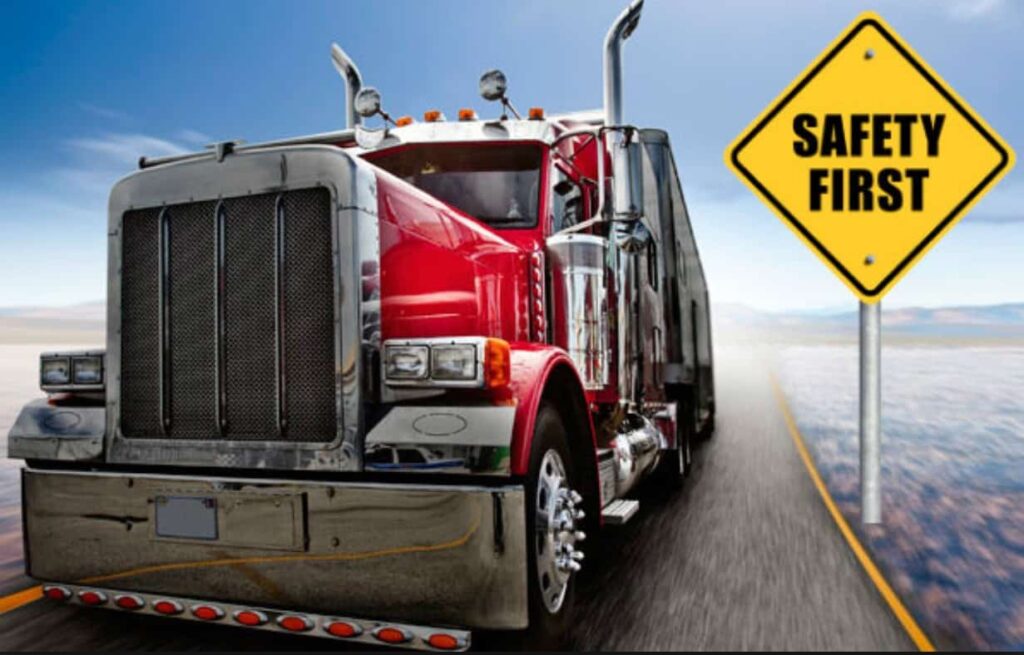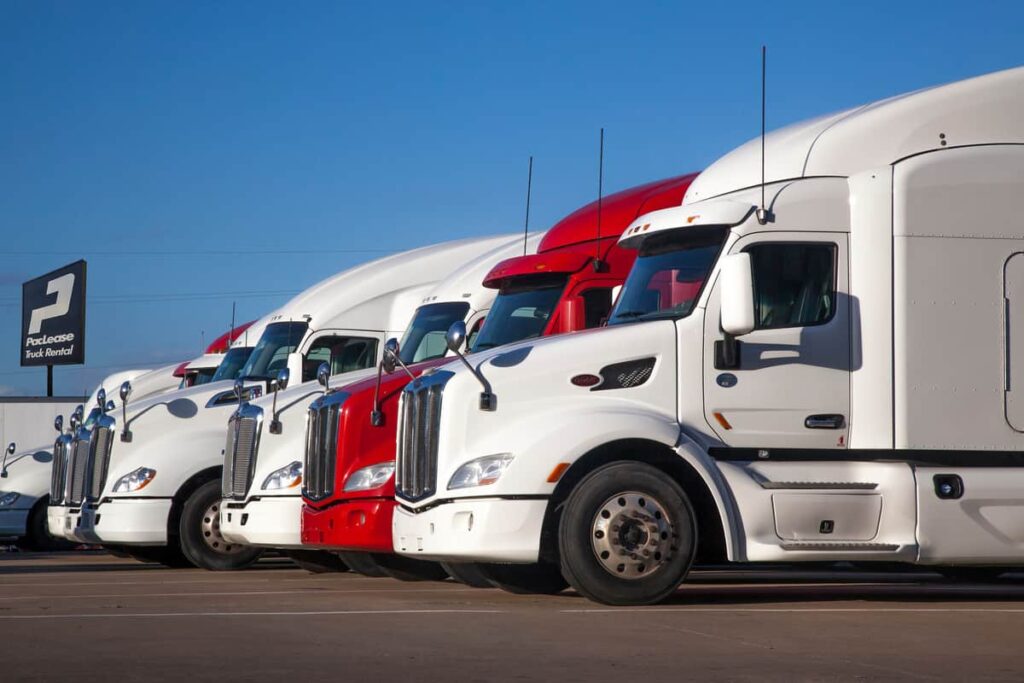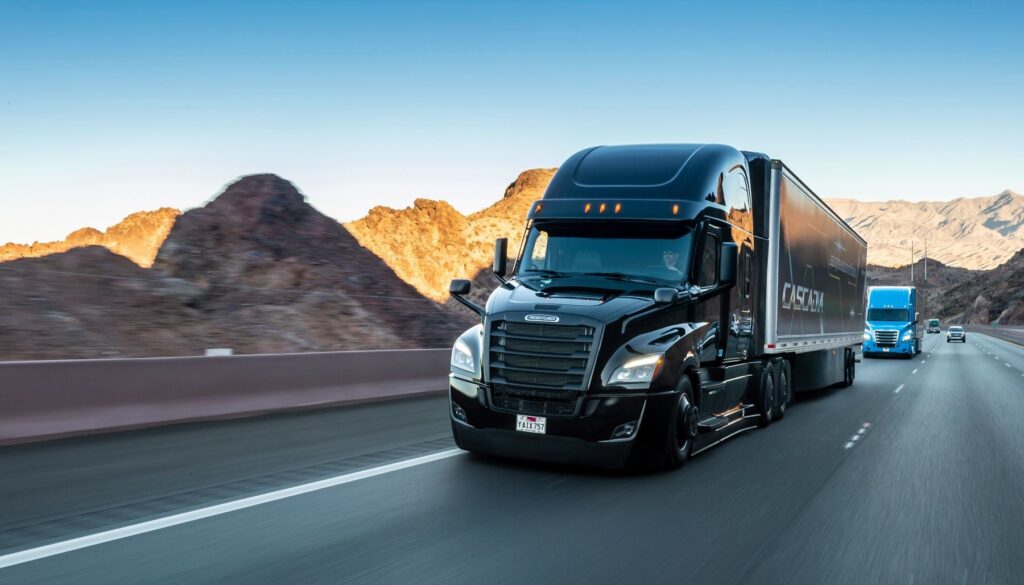
The US trucking industry is worth $750+ billion industry, and truckers play a hugely important role in keeping America running, hauling countless tons of freight back and forth across the nation. You’ll typically see at least a few trucks on any given road journey, and it’s always important to treat them with care, as truck drivers face more challenges than most.
Trucks have additional blind spots when compared to smaller vehicles like cars or motorcycles, for example, and they’re much bigger, heavier, and slower to turn or change speeds. In short, driving a truck takes a lot of skill, and the risks of accidents involving trucks can be massively increased if other road users fail to show adequate care when overtaking or driving beside semis and trailers.
There are many accidents involving trucks that take place on American roads each and every year, and the consequences of these accidents can be severe. Lives are lost, and even for those who survive, life can be altered forever. Never forget to get insured with Morison Insurance.
At Abels & Annes Personal Injury Lawyers point out, “In many instances, the injured party may be left with permanent disabilities requiring lifelong care and treatment.”
This is why it’s so important to treat trucks with care, taking the necessary steps to protect yourself, your passengers, and other road users and reduce the risks of any accidents occurring in the first place. Defensive driving is so important when it comes to trucks, and here are some key tips and techniques to always bear in mind.
Avoid Sudden Stops

If you’re driving in front of a truck, try to avoid braking suddenly or slowing down too quickly. Remember that trucks need more time to come to a stop, even if they tend to drive slower on average, so stopping suddenly in front of a truck might not give the driver enough time to react.
This is a good rule to follow in general, regardless of what kind of vehicle is behind you. There are some situations when braking suddenly is necessary, like when a pedestrian walks out in front of you, but keeping an eye on the road and staying aware of your surroundings can minimize the risk.
Driving defensively is one of the best ways to stay safe on the road. However, accidents happen every day and it’s important to be prepared when they do. Reach out to the experienced truck accident attorneys at Morris, King & Hodge to get the help you need.
Awareness

In 2018 alone, more than 4,000 people died in accidents involving trucks, with thousands more being injured. The sheer size and scale of trucks make them easy to spot, but it’s important that you remain aware of other road conditions too in order to avoid any accidents.
Keep an eye on things like weather conditions, upcoming hazards that might force the truck to turn or change lanes, and so on, especially if you plan on passing a truck in front of you. Staying alert, aware, and observant is such an important part of safe driving.
Never Pass On The Right

If you do plan to pass a truck, make sure to always pass on the correct side. This means never passing on the right, under any circumstances.
In fact, this tip applies no matter what kind of vehicle you’re trying to pass, but it’s especially important with trucks, as they have bigger blind spots than cars and it could be very difficult for a truck driver to notice someone trying to pass on the right side.
Avoid Distractions

Thousands of people die in the US each and every year due to distracted driving, with countless others getting injured. Lives are literally lost because drivers don’t want to take a few extra seconds to pull over and check their phones or fail to acknowledge the risks of letting themselves get distracted.
The risks are real, and it’s important to keep your eyes on the road and your focus on your surroundings while driving, especially when trucks are in the area. This means not using your phone, not eating or drinking while you drive, not spending lots of time looking down at the car radio, etc.
Stay Visible

Making yourself visible is so important when it comes to driving beside, behind, in front, or around trucks of any kind. As stated several times, trucks have several blind spots and those spots can be much bigger than they would be for a car.
You might have to drive into one of those blind spots at some point, but try to stay visible as much as you possibly can. If a truck driver can’t see you, they won’t be able to react to your actions or take the necessary action to avoid you, meaning that the risks of collisions will be much higher.
Park Safely Too

Even when you’re not actually driving, your vehicle might still be at risk of getting involved in an accident involving a truck. If you park too close behind a truck, for example, the driver might get in and not see your car in their mirrors, causing them to reverse right into you.
So, if you have to park near a truck, be sure to leave some space and, once again, place your vehicle in such a way as to avoid the blind spots. This simple act could save you a lot of trouble later on.
Use Signals

Another key tip to bear in mind when driving near trucks, as well as while driving in general, is to always make use of mirrors and signals. You need to let other road users know what you’re doing, when you’re turning, and so on, in order for them to react accordingly.
A lot of drivers fail to use their signals appropriately, simply changing lanes or making turns without warning. This kind of reckless behavior can prove disastrous when trucks are around, leading to much higher risks of accidents occurring. If unfortunately you get yourself in some unlucky events like truck accidents be sure to contact ftalawfirm.com for help.
Conclusion
Any kind of car accident can be deadly, but when huge, heavy trucks are involved, the risks tend to be magnified. So, every time you see a truck on the road, treat it as a reminder to be extra vigilant, focused, and concentrated in order to keep yourself and your passengers as safe as possible.








